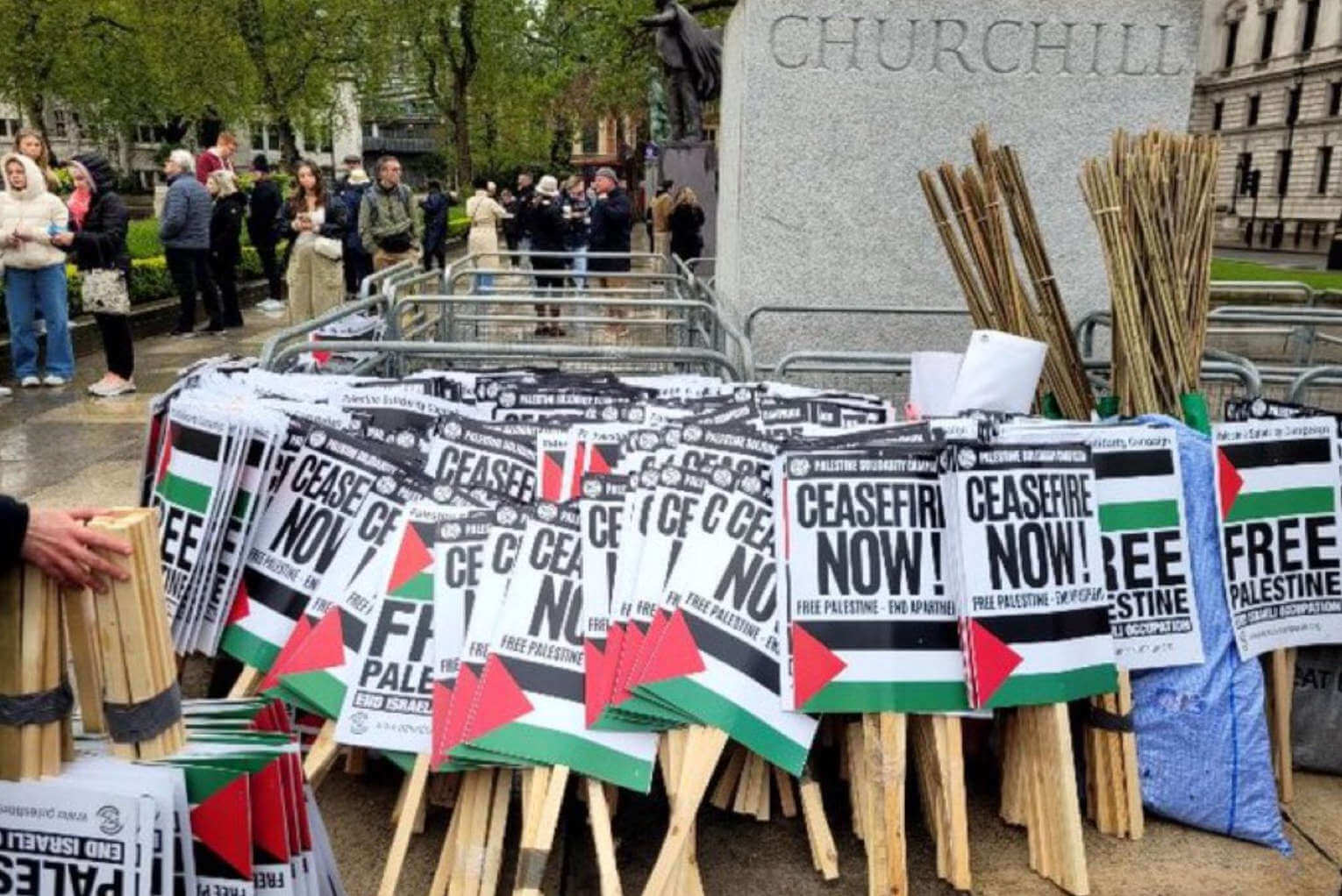JERUSALEM, Israel – Within just a few weeks, anti-Israel protests have expanded to occupy U.S. campuses coast to coast.
Given the overall coordination, officials are questioning whether these demonstrations go beyond a spontaneous student movement to a more well-funded outside operation.
Jack Landstein described what it’s becoming like to be a Jewish student on one campus.
“Being a Jewish student at the University of Michigan right now, it’s definitely a scary and uncomfortable time. There’s a lot of anti-Semitism on our campus and it’s extremely unsettling,” he admitted.
Breaking News. Spirit-Filled Stories. Subscribe to Charisma on YouTube now!
Landstein described some of what he’s witnessed.
“So it’s a lot of chants from the river to the sea, Palestine will be free, intifada, intifada; bullhorns going through the school of business, go through the undergraduate library, making it very challenging for students to do work and focus. I sometimes worry about wearing my Star of David outside of my shirt,” he explained.
Landstein is not alone.
Dr. Jay Greene, a senior research fellow and an educational policy expert at the Heritage Foundation, told CBN News the protesters have an unmistakable goal. “What they’re clearly doing is they’re very clearly signaling to Jewish students that they’re not welcome on campus, that they’re not being protected by the university leaders in a way that they would protect any other group on campus,” Greene stated.
He sees clues pointing to a more professional, organized effort behind these protests.
“We only get little hints of it. and the hints are that the funders include the Soros Open Society Foundation and the Rockefeller Brothers Fund. And there are also some links to foreign organizations as well,” Greene noted. “We’ve seen that people linked to foreign organizations have been involved in training and that there are shared talking points and documents as well. So it’s pretty clear that this is an externally funded and organized effort.”
Greene also finds similar strategies recurring across the various campuses.
“Among the common signs are that they’re determined to set up camps so that it’s more difficult to remove them, but they never have to leave them. That’s one sign. A second sign is that they’re setting up in the middle of public spaces within the university so that it is difficult for people to get to and from work to and from classes without having to go through these protests,” he said. “So they’re effectively shutting down the normal operations of these universities. And third, they’re on locations that are often where commencements will be held in a few weeks.”
That’s also intentional as those upcoming ceremonies put a lot of pressure on the universities. Greene’s detected a strong Middle East connection..
He noted, “We’ve seen people from the Middle East come and provide trainings to them. So, and the biggest connection that we might identify between the Middle East and these protests is the very large number of Middle East students who are involved.”
He also adds that the element presents a financial dilemma for many of the schools.
One reason universities are reluctant to crack down on the protests by arresting students or suspending them is out of fear of jeopardizing the students’ foreign visas.
“And so if they were to be suspended from school or arrested, they might have to be deported. And the universities are very wary of doing that, in part because these foreign student revenue streams are an important source of revenue for them. There are very large donors overseas that they’re wishing to keep happy,” Greene observed.
To read the full story, visit our content partners at CBN News.
Reprinted with permission from cbn.com. Copyright © 2024 The Christian Broadcasting Network Inc. All rights reserved.
Join Charisma Magazine Online to follow everything the Holy Spirit is doing around the world!














































